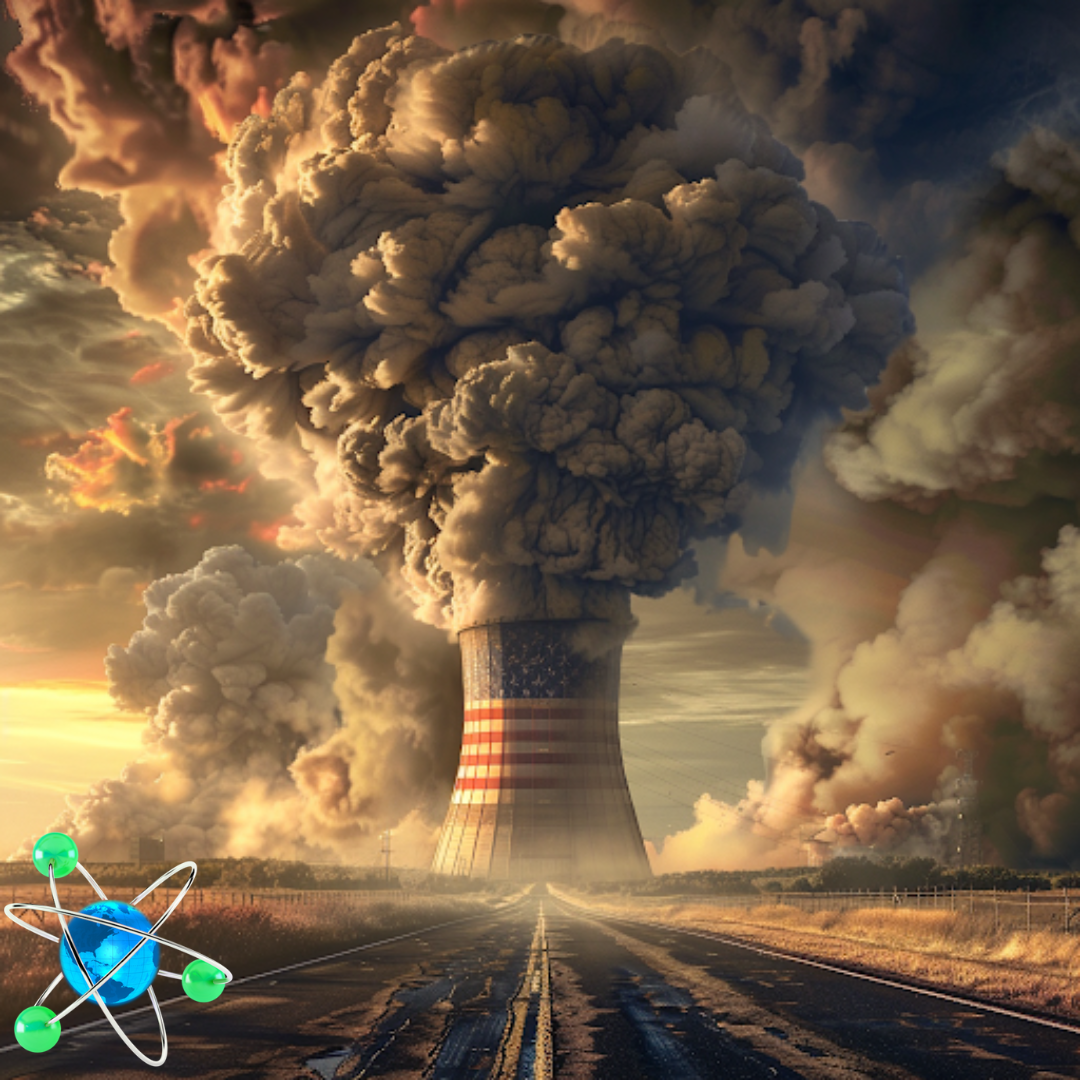
- Despite nuclear energy providing nearly a fifth of U.S. electricity and half of its clean energy, the sector has stagnated due to cheaper alternatives like natural gas, wind, and solar. Recently, the White House announced plans to upgrade current reactors and develop new, more cost-effective nuclear plants with shorter installation times.
- Nuclear energy is more reliable than wind and solar, with the highest capacity factor of any energy source, operating at full capacity 93.1% of the time.
- The Biden administration aims to fully decarbonize the U.S. economy by 2050, promoting nuclear energy as a critical component of this transition. Efforts include increasing funding, developing small modular reactors (SMRs), and passing legislation like the ADVANCE Act to streamline nuclear deployment and stimulate research. Recent expansions, such as the Vogtle Plant, faced significant delays and cost overruns, highlighting the need for more sustainable construction practices.
Although nuclear energy accounts for nearly a fifth of U.S. electricity output, and half of clean energy, the nuclear power sector has stagnated in past years owing to cheaper alternatives. However, the White House recently announced a commitment to upgrade current atomic power reactors to develop a new generation of cheaper power plants with shorter installation times.
A Recent Shift From Nuclear Energy
The nuclear energy sector has recently been bypassed by other renewable energy sources such as wind and solar power. According to E&E, in the last decade, “a spike in natural gas discoveries and production spurred a push to construct more gas power plants to accommodate rising customer demand and natural gas reserves. Thus far, investments in the wind and solar regions have paid off, as they have met increased electricity demand.” However, with looming climate and emission regulations on the horizon, nuclear energy may become increasingly useful.
Advantages of Nuclear Energy
Nuclear energy has several advantages over alternative renewable energy sources such as wind and solar. According to the U.S. Energy Information Administration (EIA), nuclear power has the highest capacity factor of all energy sources, renewable or nonrenewable, as power reactors operate at full capacity 93.1% of the time. This is 23% more than the next most reliable energy source, geothermal, nearly three times as often as wind energy, and four times as often as solar energy. In addition, nuclear power plants can provide a steady stream of uninterrupted power. At the same time, wind turbines depend on favorable windy conditions, and photovoltaic solar panels must rely on a lack of clouds and precipitation.
What are the Goals?
According to Reuters, the White House advocates for additional funds into the nuclear energy sector because “it is a large component of carbon-free energy necessary to fight climate change, and can combat competition from cheaper renewable energy plants.” President Joe Biden has prioritized a transition towards green energy during his time in office, and his administration is aggressively pursuing complete decarbonization of the U.S. economy by 2050.
The White House also directed the U.S. Army to increase research and development of small modular reactors (SMRs), which “can reliably provide energy while withstanding physical and cyber attacks, as well as natural disasters.” These portable units can be scaled to meet different energy demand levels, directly substitute for and complement new energy sources, and self-adjust using passive safety systems that prevent the risk of overheating or reactor meltdowns, according to NANO Nuclear Energy, a leading proponent of these microreactors.
Current Developments
Last month, the United States completed an expansion of the Vogtle Plant in Georgia. However, according to E&E, “it was seven years behind schedule and cost $35 billion, compared to its original $14 billion budget, a 150% increase.” Such construction of nuclear reactors is not sustainable, as the price and installation times are too excessive. Congress is also aiming to pass the Accelerating Deployment of Versatile, Advanced Nuclear for Clean Energy (ADVANCE) Act, which will “help the Nuclear Regulatory Commission accelerate nuclear deployment by hiring more agents, ease the process to renew nuclear licenses, and stimulate research and interest in fusion technology.” While the new reactors will take decades to develop, as microreactor technology is also in its infancy, it is comforting to know that upgrades are underway to improve the nuclear industry.

0 Comments